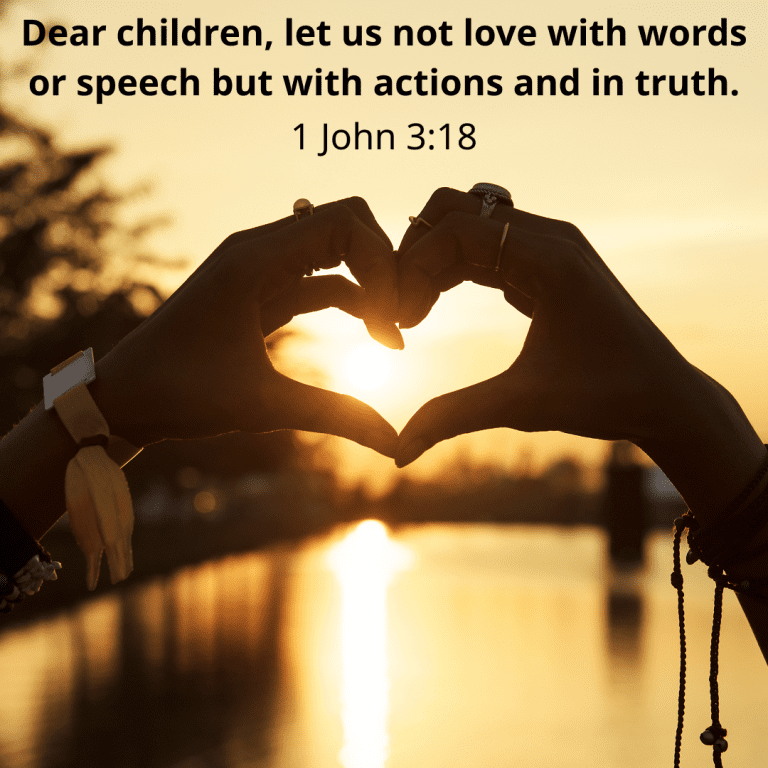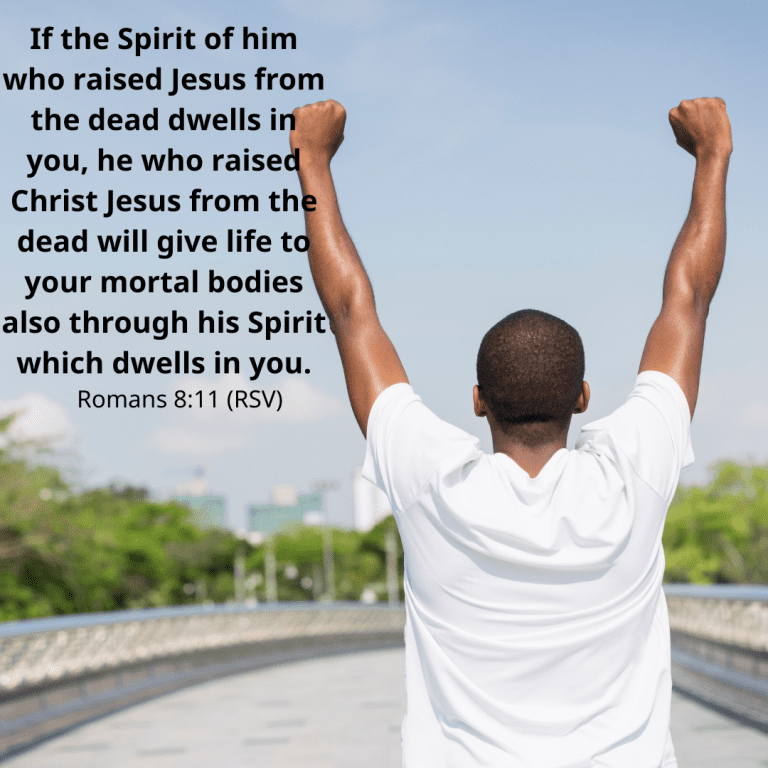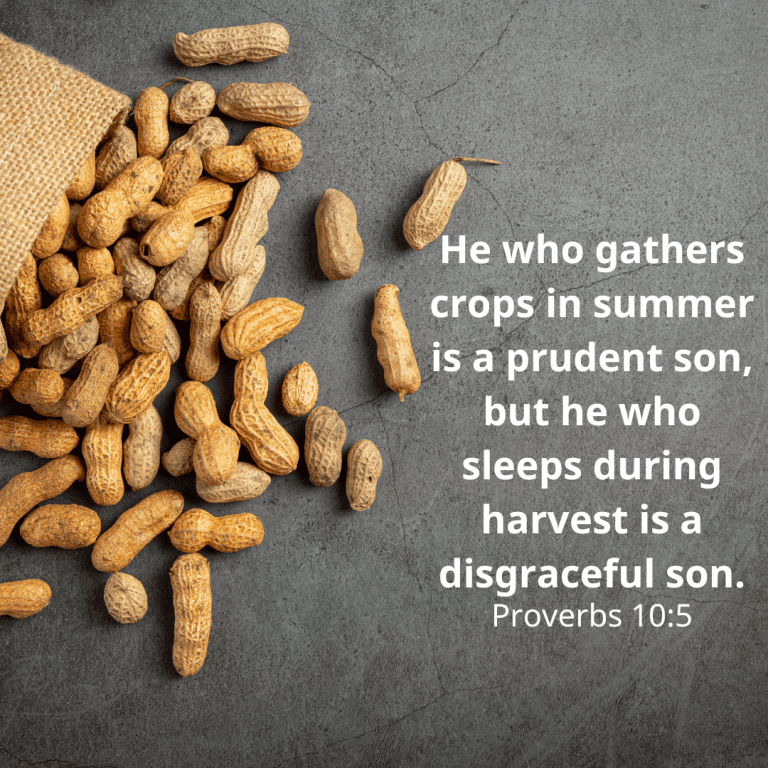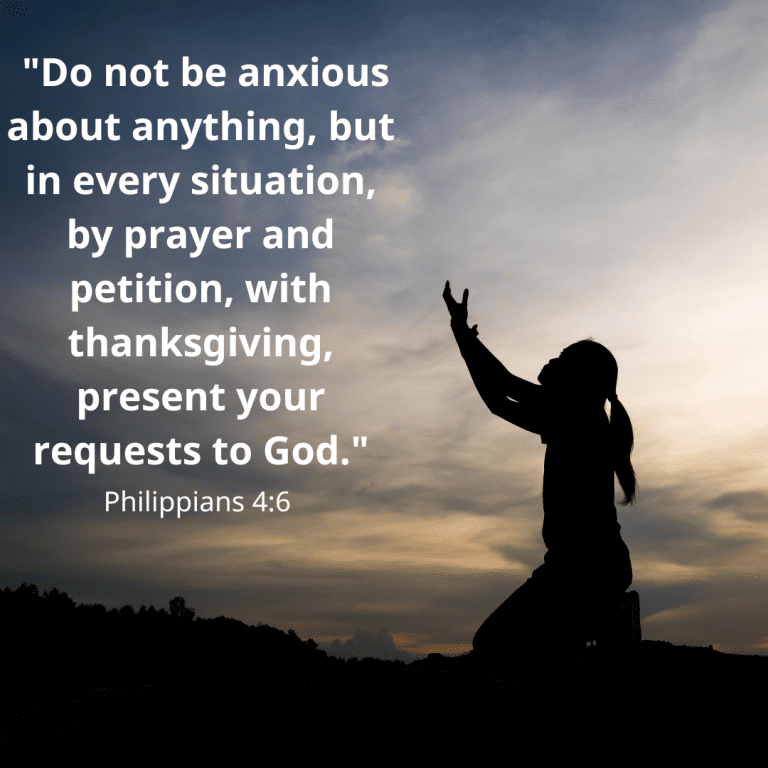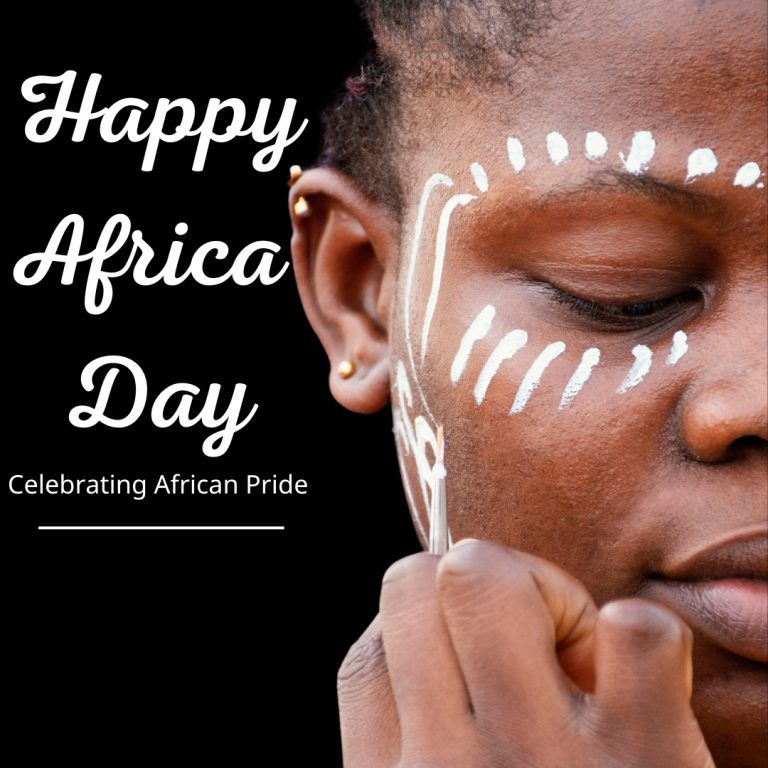1 But now to continue—the son who will receive his father's property is treated just like a slave while he is young, even though he really owns everything. 2 While he is young, there are men who take care of him and manage his affairs until the time set by his father. 3 In the same way, we too were slaves of the ruling spirits of the universe before we reached spiritual maturity. 4 But when the right time finally came, God sent his own Son. He came as the son of a human mother and lived under the Jewish Law, 5 to redeem those who were under the Law, so that we might become God's children.
6 To show that you are his children, God sent the Spirit of his Son into our hearts, the Spirit who cries out, “Father, my Father.” 7 So then, you are no longer a slave but a child. And since you are his child, God will give you all that he has for his children.
Paul's Concern for the Galatians
8 In the past you did not know God, and so you were slaves of beings who are not gods. 9 But now that you know God—or, I should say, now that God knows you—how is it that you want to turn back to those weak and pitiful ruling spirits? Why do you want to become their slaves all over again? 10 You pay special attention to certain days, months, seasons, and years. 11 I am worried about you! Can it be that all my work for you has been for nothing?
12 I beg you, my friends, be like me. After all, I am like you. You have not done me any wrong. 13 You remember why I preached the gospel to you the first time; it was because I was sick. 14 But even though my physical condition was a great trial to you, you did not despise or reject me. Instead, you received me as you would an angel from heaven; you received me as you would Christ Jesus. 15 You were so happy! What has happened? I myself can say that you would have taken out your own eyes, if you could, and given them to me. 16 Have I now become your enemy by telling you the truth?
17 Those other people show a deep interest in you, but their intentions are not good. All they want is to separate you from me, so that you will have the same interest in them as they have in you. 18 Now, it is good to have such a deep interest if the purpose is good—this is true always, and not merely when I am with you. 19 My dear children! Once again, just like a mother in childbirth, I feel the same kind of pain for you until Christ's nature is formed in you. 20 How I wish I were with you now, so that I could take a different attitude toward you. I am so worried about you!
The Example of Hagar and Sarah
21 Let me ask those of you who want to be subject to the Law: do you not hear what the Law says? 22 It says that Abraham had two sons, one by a slave woman, the other by a free woman. 23 His son by the slave woman was born in the usual way, but his son by the free woman was born as a result of God's promise. 24 These things can be understood as a figure: the two women represent two covenants. The one whose children are born in slavery is Hagar, and she represents the covenant made at Mount Sinai. 25 Hagar, who stands for Mount Sinai in Arabia, is a figure of the present city of Jerusalem, in slavery with all its people. 26 But the heavenly Jerusalem is free, and she is our mother. 27 For the scripture says,
“Be happy, you childless woman!
Shout and cry with joy, you who never felt the pains of childbirth!
For the woman who was deserted will have more children
than the woman whose husband never left her.”
28 Now, you, my friends, are God's children as a result of his promise, just as Isaac was. 29 At that time the son who was born in the usual way persecuted the one who was born because of God's Spirit; and it is the same now. 30 But what does the scripture say? It says, “Send the slave woman and her son away; for the son of the slave woman will not have a part of the father's property along with the son of the free woman.” 31 So then, my friends, we are not the children of a slave woman but of a free woman.
1 Ŋiinyi ŋǝni-ŋwɔ, ŋgwa kwǝṯi mɔrthathi ki-ŋɔr-la ŋǝthi ṯǝrnyin, mɔŋw-tǝ oro kinnǝni tɔr tokwɔɽony, ǝṯɔŋweere ṯamthɔ kwɔwaaya-la mac, nɔrɔ-va kinnǝni kwomne kwuuŋwun tok tatap. 2 Nǝ kinaŋw nɔrɔŋw kinnǝni tokwɔɽony, nǝr naani kila lǝṯi aŋraci ŋunduŋw, nǝ liwǝkiil luuŋwun tok mindaŋ mǝ laamin iila lǝllicǝ ṯǝrnyin.
3 Nǝrṯoroŋw nyiiŋǝ tok, kinaŋw nɔrɔr nyɔr nyokwɔɽony, nǝroro lɔwaay lǝthi rigɽim rǝthi ṯurmun. 4 Laakin mǝ lɔɔmor ɔppatha lɔvthanna, nǝ Allah ɔɔsa tɔɔrɔ tuuŋwun, nɔŋw iila tilŋinna ŋelŋe-ŋi ŋǝthi kwaaw, nɔŋw nanni kwimthi Sherii@a. 5 Mindaŋ ethisi kilǝthi kila linaanɔ ki-rii-na rǝthi Sherii@a, mindaŋ mǝroro nyɔr nyǝthi Allah.
6 Nǝ kaka nɔrɔŋa-gwɔ nyɔr nyuuŋwun, nǝnyji Allah usicǝ Ṯigɽimǝ ṯǝthi Tɔr tuuŋwun ki-rɔgwor-na rǝri ǝṯɔŋw aari-ŋwa, “Abba! Papa!” 7 Ŋwɔṯaŋw, neere oro lɔwaay kwokwony mac, laakin noro nyɔr nyir hɔrr. Nǝ kaka mǝgwɔ oro nyɔr nyuuŋwun, ǝŋǝsi Allah inḏǝthǝ ŋgwa tatap kwǝthiŋw kwǝthi nyɔr nyuuŋwun.
Bɔɔlɔs mɔŋgwɔ pinnici lizi lǝthi Ghalaaṯiiyya-ŋw ṯɔgwor-na.
8 Kerreny tuk niti nilŋithiŋǝ kinnǝni Allah mac, nǝ nanni ki-ŋiwaay-na ŋǝthi riiɽu riti rir rerrem mac. 9 Laakin kire-kirem-ŋgwɔ tǝ, ŋaaŋa limǝ elŋe Allah, nǝ ŋǝsi ǝccǝŋw Allah wɔmǝ-ŋǝsi elŋe kirem tok. E-ta ŋaaŋa lotho linaŋna ethi aaɽi kithaay, ethaaɽitha ki-rigɽim-nǝ kira rajla cige-cigep riti rǝthi faayitha-na kweere mac? Ŋaaŋa lotho linaŋna ethoro lɔwaay leeŋen kwokwony? 10 Ǝṯisi kettice yǝy ŋǝthi ŋwaamin ŋweere ŋweere, yǝwǝ-yi, nǝ ŋwɔɔmɔr-ŋa yithlǝ-yi tok! 11 Nyii-ŋgwɔ kwɔthiinya etheese ŋɔma ŋiinyi ŋimǝ kiirannalɔ domony daŋgal-na.
12 Liyǝŋgǝri, nyii-ŋgwɔ kwutuurǝccǝ-ŋǝsi-lɔ tur mindaŋ ethi aaɽanni nyuŋwɔ, kaka-ṯǝ naaɽinnany-gwɔ ŋaaŋwɔsi. Ŋiti ŋeere ŋimǝr-nyji ǝkkici pir mac. 13 Ŋaaŋa lilŋithi rac ethaarɔŋw, nyii kwuumǝy kinaŋw nǝccǝ-ŋǝsi bǝshirǝ-lɔ kwon-kwon. 14 Nǝ nipinnǝŋǝ-vǝ kinnǝni rɔgwor-na tok ŋiɽaŋal-ŋi ŋǝthi kimǝthi kiinyi, nǝrnyeere ǝrrǝlɔŋw mac. Laakin nǝr-nyii aalanni daŋgal-nǝ kaka melekǝ kwǝthi Allah, kaka-ṯǝ nǝŋgi-gwɔ aalanni Kwɔrɔstɔ-ŋw kwǝni Yǝcu. 15 Ŋaaŋa lǝni laamina beṯṯen! Aatha kwɔrɔ kwǝrrinnǝ? Ŋɔnḏɔny-ŋi ŋɔ kii ŋǝni ŋaalɔ ŋǝniŋw, ǝŋgiroro mǝmkin ǝŋgir-nyii ǝllicǝ yǝy yaalɔ ethisi inḏǝthǝ nyuŋwɔ. 16 E-ta nyimoro ṯuwǝn ṯaalɔ kaka nandica-ŋǝsi-gwɔ ŋiɽaŋali ŋir rerrema? 17 Nǝ kila lǝṯi-ŋǝsi ṯǝccici ŋɔma ethi ǝgini ŋaaŋwɔsi, laakin nǝ karath keeŋen ere ɔvthanni mac. Ŋa tatap ŋigǝkṯicǝrsi nda, nǝr naŋni ethi uɽǝthǝ ŋaaŋwɔsi-na nyii-gi, mindaŋ ǝŋgǝthi sɔɔrɔma kweeŋen. 18 Ŋani ŋɔvthanna rac ŋǝthi ṯǝginǝ mɔŋwɔni ṯǝrrinǝ sǝbǝb-gi kwisaaw, ŋirṯaŋw rerrem dok-dok, nǝreere ǝniŋw mǝnyii naani yǝy-lɔ ṯɔɽɔk mac. 19 Kwelle kwiinyi, ŋijma ŋǝni ŋaalɔ ŋɔ ŋiyathi-nyii kwokwony mindaŋ mǝ kenne Kwɔrɔsto-ŋw ki-rɔgwor-nǝ raalɔ! 20 Nyii kwǝthi sɔɔrɔma beṯṯen ethi naani yǝy-lɔ ŋaaŋa-li kire-kirem, mindaŋ ǝŋginy ǝthi ŋɔma ethi urlǝ ṯɔgwor-lɔ ṯiinyi, kaka nǝniny-gwɔ kwippinnǝ ṯɔgwor-nǝ tig-tig ṯǝni ŋaaŋa.
Mǝthǝl kwǝthi Haajar-ŋǝ Saara-gi.
21 Andicar-nyii-ṯi ŋaaŋa kila linaana ethi aaɽitha ki-hɔkwɔm-na wǝthi Sherii@a. Ŋaaŋa liti limǝ neŋne mac-a, Sherii@a kwandisa nɔŋywaari tha? 22 Ŋɔlɔɔthɔna-pa ŋaarɔŋw, Ibraahiim kwǝthi nyɔɔrɔ nyiɽǝn nyir nyoŋwor, tette tǝthi kwaaw kwir kwɔwaay, nǝ tithaathɔ tǝthi kwaaw kwir hɔrr. 23 Nǝr ilŋitha tɔɔrɔ tǝthi kwɔwaay ṯǝrṯiib-thi ṯǝṯir-thi ilŋitha nyɔɔrɔ. Laakin tɔr tǝthi kwaaw kwir hɔrr tǝ, nǝr ilŋitha wa@ḏ-yi wǝthi Allah. 24 Ŋiɽaŋal ŋɔ ŋir kaka suurǝ. Laaw kɔlɔ lir ndǝn lir kaka wa@ḏ wuɽǝn. Kwette nɔŋworo kwaaɽinna Ayinɔ wǝni Siinaa, kwǝṯi elŋe nyelle nyǝthi ŋɔwaay; nǝ Haajar oro. 25 Haajar kwɔrɔ Ayin wǝni Siinaa wɔnaanɔ ki-bǝlǝḏ kwǝthi nyǝthgwu, nɔŋworo suurǝ kwǝthi mǝḏiinǝ kwǝni Urshaliim, kaka a-naanɔ-ŋgwɔ ki-ŋɔwaay-na nyelle-nyi nyuuŋwun tatap. 26 Laakin Urshaliim kwǝthi ki-leere-naŋw nɔŋworo hɔrr, kwundǝr-ṯǝ kwir ayya kwǝri. 27 Kaka nɔlɔɔthɔnar-gwɔ ŋaarɔŋw,
“Aamina ŋa kwir kwɔɔrɔm kwiti kwǝṯi elŋe mac!
Ɔppɔna a ṯiŋaṯṯa ṯiiyǝ-lɔ kwaamina,
ŋa ŋgwa kwiti kwiccinǝ ŋijma-ŋi ŋǝthi ŋelŋe mac.
Kaka nǝthi-ŋgwɔ ŋgwa kwɔṯayyar-lɔ nyelle nyuuru,
ethi ŋgwala kwɔnannir kwɔlen-gi.”
28 Nǝ kirem tǝ liyǝŋgǝri, ŋaaŋa lir nyelle nyǝthi ṯigittatha kaka Is-haag-ŋwɔ. 29 Nǝ ki-lɔɔmɔr-la-ṯǝ kila, nǝ tɔr kira tilŋithir ŋelŋe ŋir-ga ŋǝthi nyelle tatap, nɔŋw ǝwɽi yǝy-lɔ kira tilŋithir Ṯigɽim-thi ṯǝthi Allah. Nǝ nǝrṯǝ oroŋw tok kire-kirem-ŋgwɔ. 30 Laakin Kiṯaab Kirllinǝlɔ ter kaari-tha? Kaari-pa-ŋwa, “Ruttǝ kwɔwaaya kithaay tɔr-ri tuuŋwun; kaka niti ninḏi-gwɔ tɔr tǝthi kwɔwaay ethi mɔrthathi ki-ŋɔr-la tɔr-ri tǝthi kwaaw kwir hɔrr mac.” 31 Ŋwɔṯaŋw liyǝŋgǝri, a kwiti kwirir nyelle nyǝthi kwɔwaay mac, laakin niroro nyelle nyǝthi kwaaw kwir hɔrr.

